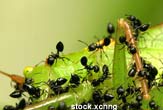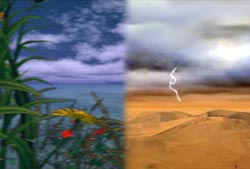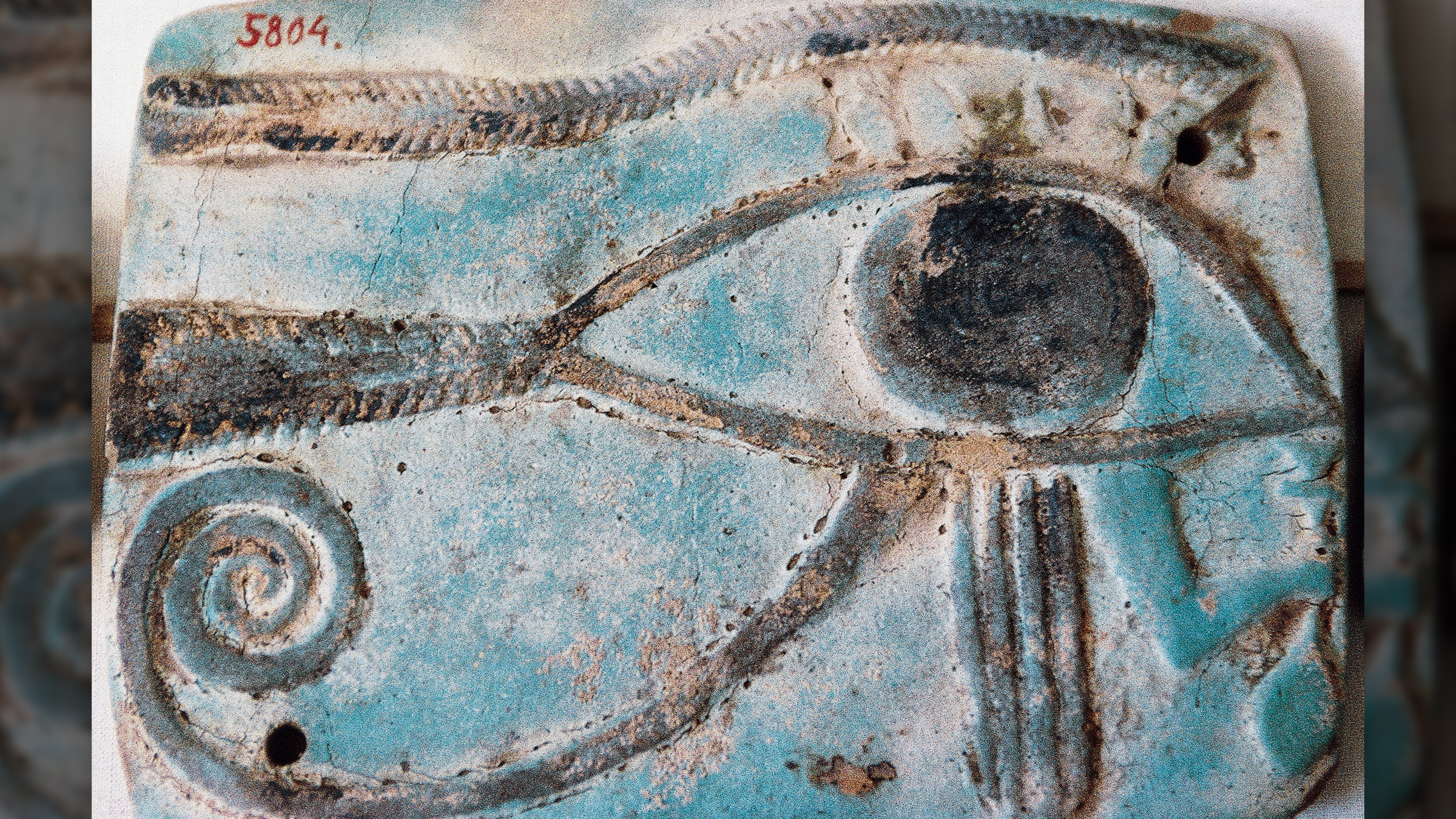Urban Ants Handle Heat Better

The heat of cities is transforming how urban ants respond to extreme temperatures, providing glimpses of the impacts that changes in global climate might trigger, an international team of scientists now reports.
Cities can be 10 to 15 degrees Fahrenheit hotter than surrounding rural zones, with their asphalt roads and other features absorbing and holding more of the sun's energy than natural landscapes. Researchers call this the urban "heat island" effect.
The researchers investigated colonies of leaf-cutter ants (Atta sexdens rubropilosa) inside and outside of São Paulo,Brazil, South America's largest city with a population of more than 11 million people. They focused on how well urban and rural ants tolerated extremes of heat and cold in experimental chambers.
At 107.6 degrees Fahrenheit, the scientists found urban ants lasted 20 percent longer than ants from outside the city before the extreme heat knocked them out. Surprisingly, although the researchers expected that extreme cold would knock city ants out faster, they found urban ants recovered from storage at 32 degrees Fahrenheit (0 degrees Celsius) in ice-entombed Petri dishes about as fast as ants from outside the city.
"We don't know whether this pattern will hold up for other species or other cities, but people should certainly be looking," researcher Michael Angilletta of Indiana State University said in a prepared statement. "Ultimately, this research could help us to understand how species will respond to global climate change."
"We will construct thermal maps using satellite images recorded over several years," said researcher Qihao Weng at Indiana State University."These maps will enable us to assess the potential biological consequences of urban warming and identify suitable sites for future experiments."
The scientists report their findings Feb. 28 in the journal PLoS ONE.
Sign up for the Live Science daily newsletter now
Get the world’s most fascinating discoveries delivered straight to your inbox.
All About Ants
- Why Ants Rule the World
- Ants 'Hate Each Other' But Work Together
- Images: Ants of the World
About Climate Change
- 10 Surprising Results of Global Warming
- Earth Will Survive Global Warming, But Will We?
- Video: Goldilocks and the Greenhouse
Hot Topic

What makes Earth habitable? This LiveScience original video explores the science of global warming and explains how, for now, conditions here are just right.











